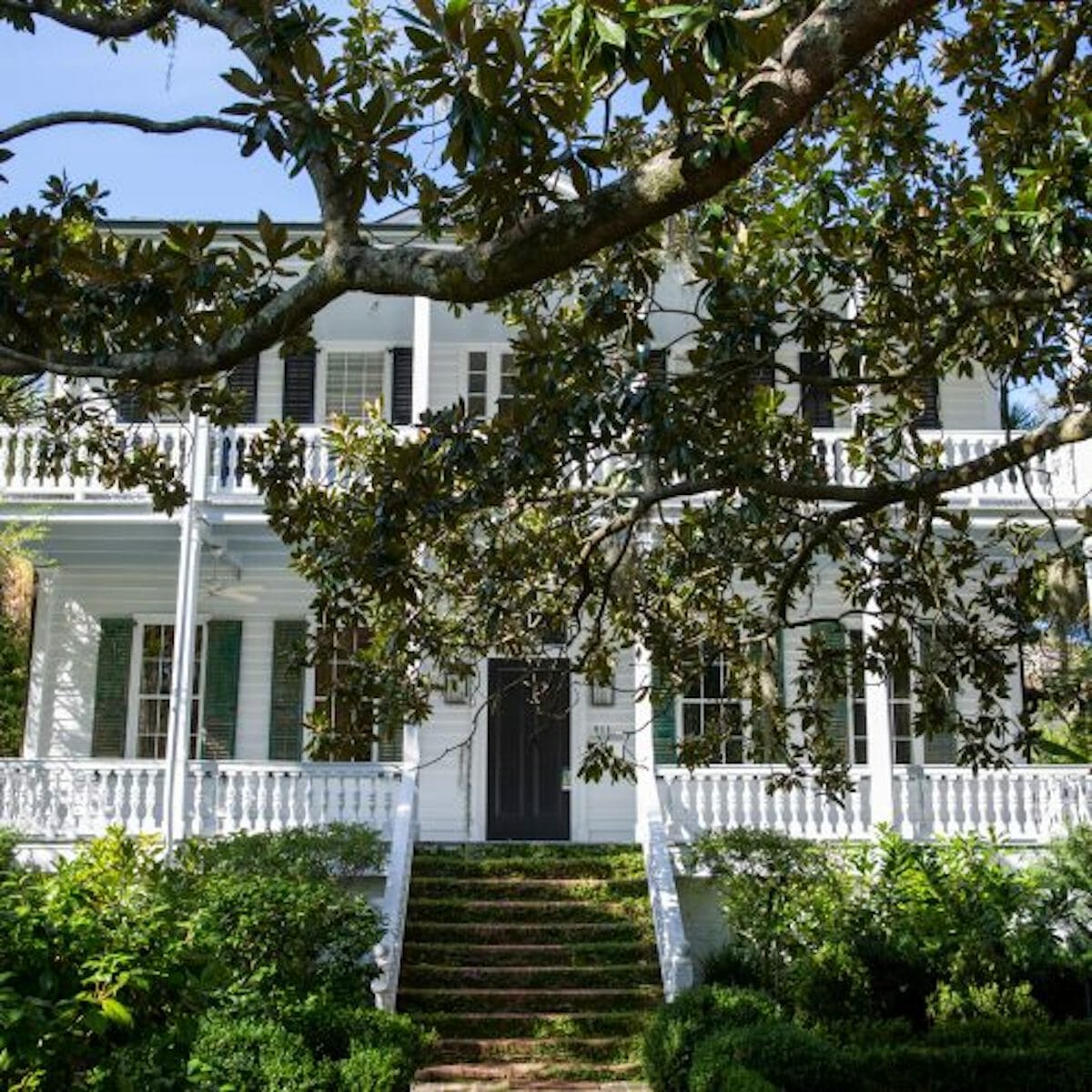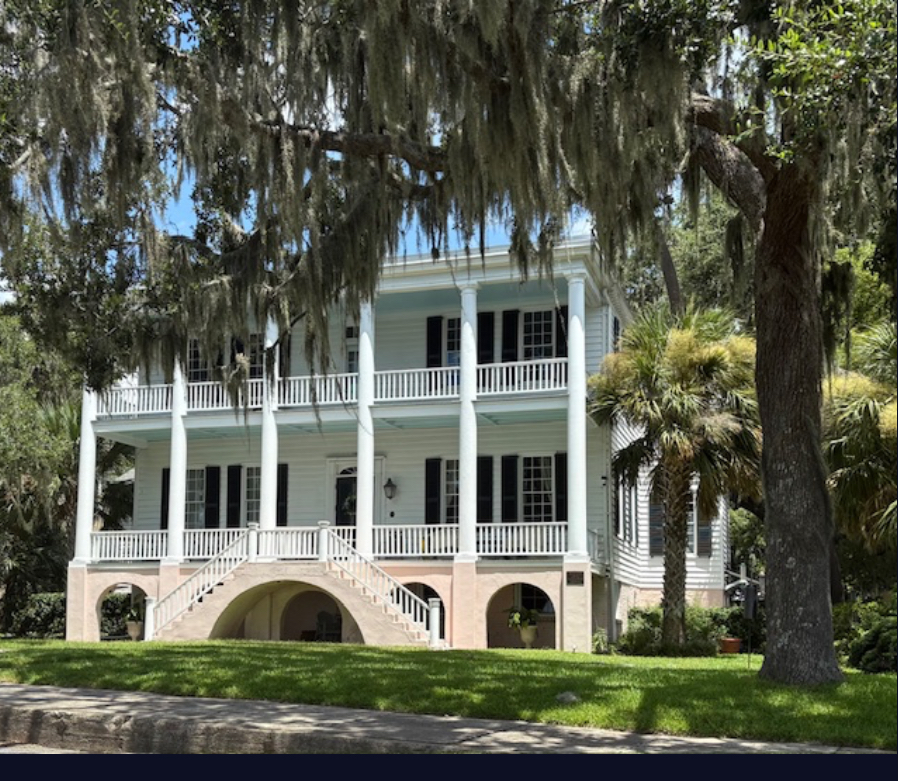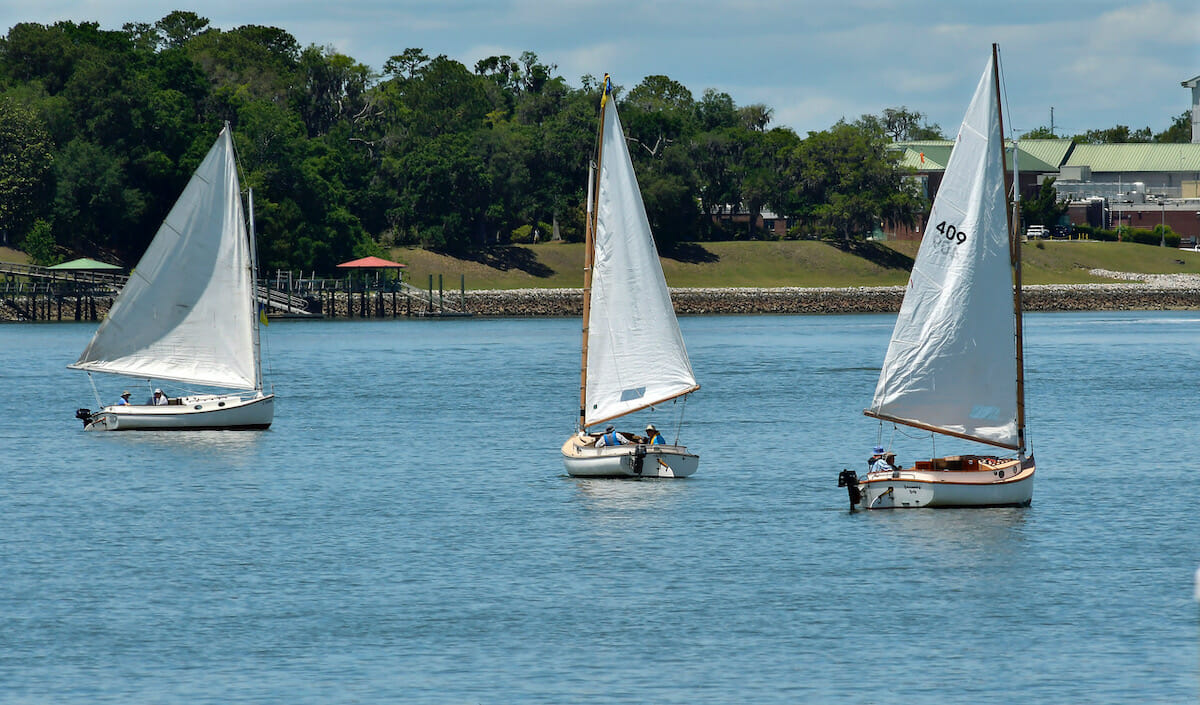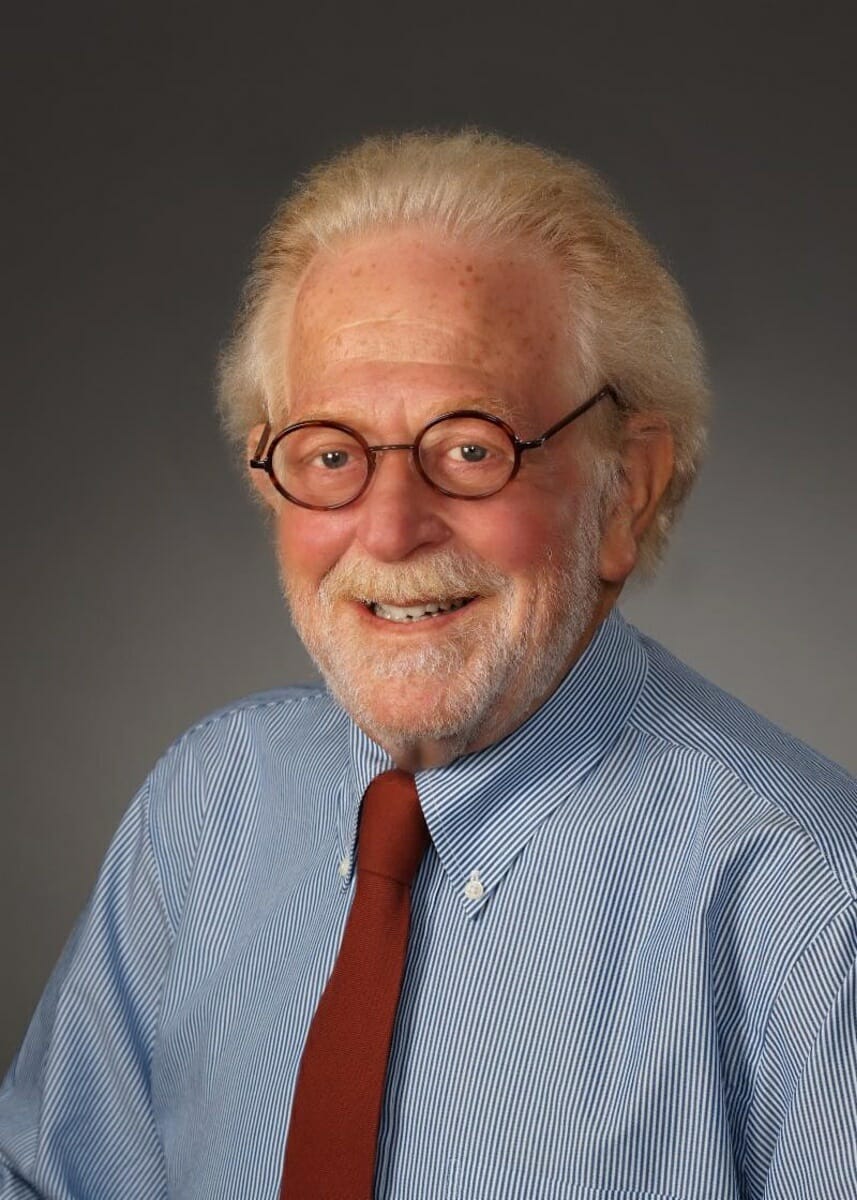By Tony Kukulich
The Historic Beaufort Foundation (HBF) has asked a state judge to clarify the terms of an easement held by the HBF that limits how the historic McKee-Smalls House property can be used after the current owners, Billy and Paul Keyserling, allowed the National Park Service to conduct regular tours of the property.
“Our role at Historic Beaufort is to, I guess the word is enforce, the terms of the easement,” said Cynthia Jenkins, HBF executive director. “When the Keyserlings got the property, they knew what those terms were.”
The Keyserlings acquired the property in August 2021 at a cost of $1.67 million.
The HBF argues that the expansion of public access to the building is a violation of the terms of the easement, which specifies that the property is primarily a residence. The easement, they say, allows public access under strictly limited circumstances.
According to Jenkins, the easement, which addresses only the exterior of the building, stipulates that the owner of the property make it accessible to the public at least four half days a year. Further access can be allowed to give educational organizations, architectural associations and historical societies the opportunity to study the property.
A press release issued by the HBF dated May 9 stated, “The house has been a private residence since it was constructed, but the current owners, Billy and Paul Keyserling, are seeking to change that by opening the residence to tour groups on a daily basis.”
The HBF filing goes on to allege that the Keyserling’s plans might include converting the home to a museum, though no specific evidence of that allegation is offered.
Scott Teodorski, superintendent of the Beaufort-based Reconstruction Era National Historic Park, confirmed that the McKee-Smalls House is sometimes included in the walking tours offered by the National Park Service.
“We work with partners in the community and the Keyserlings are one of those partners,” Teodorski explained. “They’re not conducting any tours or imploring us to do tours. They’ve made the house available for some of our ranger-led tours. We do occasionally go into the house as part of our tour, talking about Reconstruction-era history here in Beaufort, but not always.”
The action, filed in the South Carolina Court of Common Pleas 14th Judicial Circuit, requests an expedited non-jury trial and declaratory judgment on the matter, and asks that the defendants, the Keyserlings, be held responsible for the legal costs involved with bringing the issue to court.
“We disagree with the Keyserlings that a private residence includes opening it daily or regularly to the public,” Jenkins said.
A conservation and preservation easement for the property at 511 Prince St. in Beaufort’s Point neighborhood was donated to the HBF by David and Marilyn Atwell in 2002 for the purpose of preserving and maintaining the premises and its architectural, historical, and cultural features.
“An easement, when it’s donated, it is attached to the deed and it runs with the property forever,” Jenkins said. “Whatever the terms of the easement cover is what the nonprofit that accepts it is charged with enforcing.”
Reached for comment, Billy Keyserling declined to discuss the matter on advice from his legal counsel.
According to Teodorski, there are no tours that focus exclusively on the McKee-Smalls House. A visit to the site on one the National Park Service’s free walking tour is done entirely at the discretion of the ranger leading the tour. Tours are held twice a day from Tuesday through Saturday.
“We’re part of the community, so it’s really important to us that we respect the integrity of the neighborhood,” Teodorski added.
The McKee-Smalls House was originally built around 1810, and by the 1830s it was owned by the McKee family. Henry McKee sold the house in 1851 and moved to a new home on Bay Street.
Robert Smalls bought the house from a tax auction in January 1864. Smalls had gained notoriety by stealing the C.S.S. Planter and slipping unnoticed out of Charleston Harbor to freedom with 17 Black passengers. He later went on to hold elected office in the South Carolina State Assembly and Senate as well as the U.S. House of Representatives. Smalls and his descendants lived in the house until 1940. He died at the Prince Street home where he had lived and raised two families for more than 50 years.
Tony Kukulich is a recent transplant to the Lowcountry. A native of Wilmington, Del., he comes to The Island News from the San Francisco Bay Area where he spent seven years as a reporter and photographer for several publications. He can be reached at tony.theislandnews@gmail.com.







